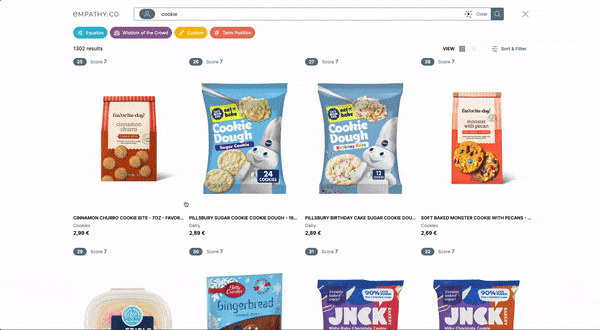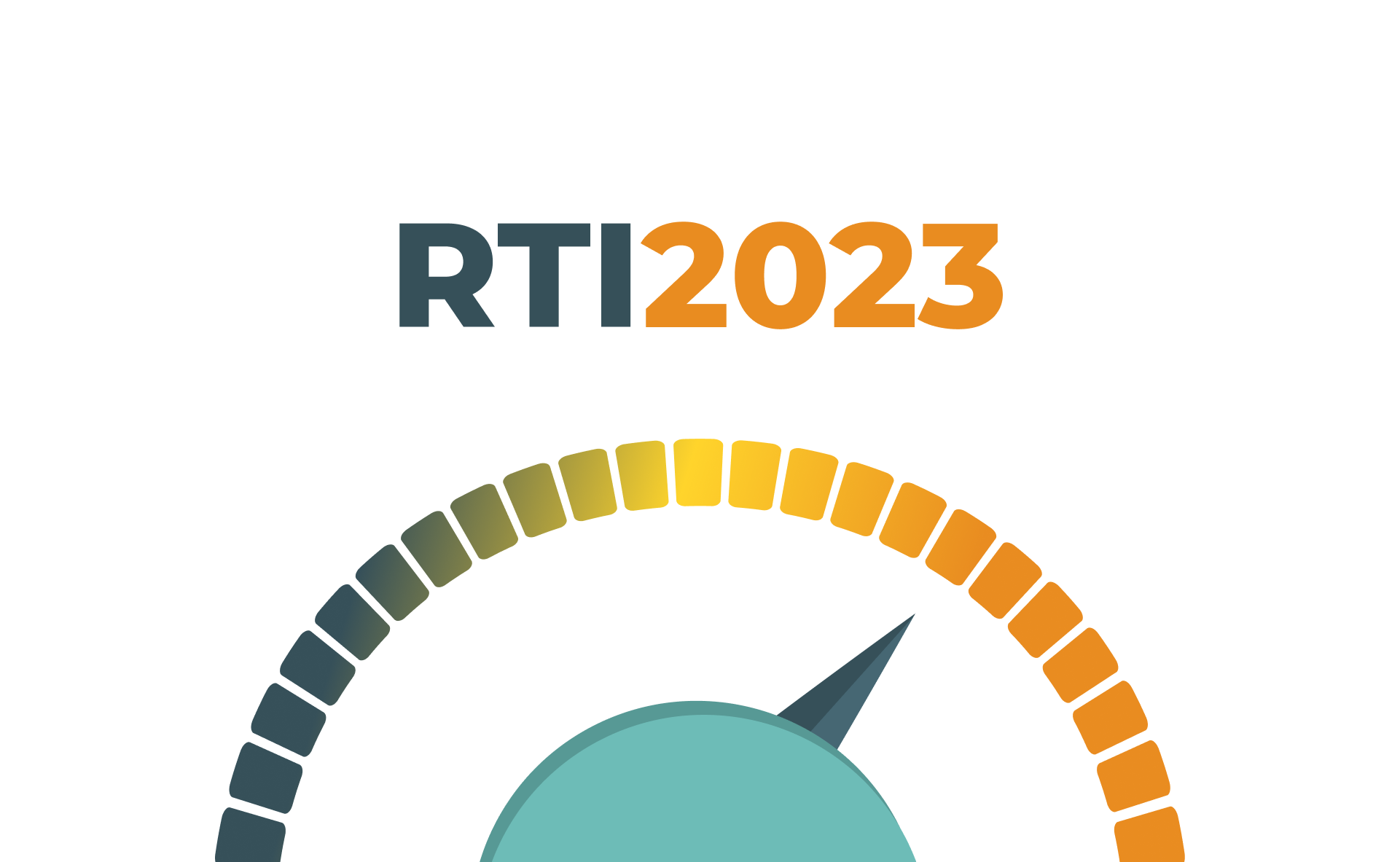Tailoring Exclusive Wardrobes to a Digital, Privacy-First Experience
Tailoring Exclusive Wardrobes to a Digital, Privacy-First Experience
A custom-made collaboration between Empathy and Scabal
During the last few months, the digital sector has grown in a vast, uncontrolled, and unethical way — particularly amplified due to the circumstances of the pandemic and surge in online shopping. As customers, we are merely statistics and metrics for companies to analyse and sell more.
But some companies are trying to change the rules to stand against this trend so consumers have the freedom to decide for themselves. Companies like Empathy.co and Scabal. I’ll tell you more about this exciting new collaboration, but first, some context…
Empathy has always prioritised and carefully preserved our products’ emotional essence. In practice, this means:
- Maintain the feeling of trust when a product accompanies people during the online shopping experience.
- Invite exploration when interacting with different functionalities of Search & Discovery.
- Build a sense of satisfaction with privacy-first and total control over personal data.
And how can we accomplish this? With the customer becoming the owner of the product.

When Empathy met Scabal
A few months ago, something extraordinary happened: Empathy connected with Scabal. A brand that shares our philosophy and principles and sees its customers as people in the same way we do. Scabal leads the industry of prestigious menswear fabrics, creating made-to-measure collections and supplying top tailors, luxury brands and designers.
United by pursuing trust and our innovative spirit, we began to build a tailor-made digital experience with the same care and detail Scabal uses when crafting custom suits.
We analysed the similarities and differences between in-store purchasing and the digital world during this research and study. Scabal’s priority is to transfer its outstanding in-person assistance to the digital environment, a challenge and a change in understanding digital experiences. And within this journey, it’s essential to understand the path we take that leads us to the purchase decision. So settle in, and I’ll tell you the whole story…
The road to building trust
When you enter a clothing store, an assistant advises you and accompanies you throughout the process. You decide the level of advice and interaction you want, using natural phrases like:
- I bought this shirt yesterday, and I would like to buy a matching jacket.
- Do you have anything in orange tones? I like that colour.
- Wool is my favourite fabric; what’s new?
This interaction establishes a relationship of trust with both the assistant and the brand. The data you share only improves your experience and as trust progressively increases, you decide to share more and more information. It is merely a temporary transaction of information, and nothing is stored.
In the journey that customers experience with Scabal, we also have to understand the concept of tailor-made. From significant decisions, such as fabrics and finishes, to the smallest detail, the choices are in the hands of the shopper. You are free to share as much detail about your preferences as desired, to get the personalised advice you seek.

In this way, each purchase you make will enrich the experience. The shop assistant will get to know you better each time, gain more confidence, and you would no longer need to reiterate your preferences.
Then comes a point that as soon as you enter the store, the assistant will directly offer you garments that interest you and suggest the latest novelties that match your tastes, consequently building a relationship of total trust. This concept of trust to create personal experiences was a common thread in translating this journey into a digital one.
Prioritising sustainability throughout discovery and research is also a key concern. Scabal is a brand characterised by its fabrics’ outstanding quality, which translates to a high level of care in the production process. One of the most ambitious challenges in this project was to transfer this concern and priority to a sustainable digital environment where each fabric could tell its own story.
A wardrobe designed from Me2B
Over the last two years at Empathy, in a continuous process of exploration and research, we have made significant advances with a new way of understanding digital products based on privacy and customer decisions. This follows a Me2B approach embracing decentralisation, where customers own their experience by actively choosing what information to share with brands.
Together with Scabal, we worked on developing a tool that, under these principles, meets all the needs discovered during the research process. As search specialists, we understand both search and filters as a conversational tool. Imagine these features as facilitating a dialogue between people and brands. Shoppers can easily discover options and communicate what they’re looking for through filters: fabric, colour, dress code, capsules of pre-selected looks, and my wardrobe. I’ll show you a prototype for this last one in a bit!
You can start building our custom garments by interacting with all these filters that work as a curation tool. The more you use the wardrobe experience, the more tailor-made suggestions you’ll have.
The experience will detect your preferences and use them for future recommendations so that progressive personalisation occurs. The key difference from other digital experiences is that you can explicitly control these preferences through intuitive settings in your account. This establishes an absolute level of control, both over the most global decisions and the minor details in adapting the in-person experience to digital.
Personal touch with purchase history
Crafting your personal wardrobe building from your purchase history forms the centre of the Me2B experience. Thanks to Scabal allowing us to explore shopping experiences involving other brands, we proposed the connectivity to cultivate this knowledge.
Scabal can provide better recommendations that fit a customer’s particular style and current wardrobe by enabling them to share their purchase history from other brands. Likewise, in giving data ownership to their customers, Scabal continues to add value beyond the purchase. By sharing information about orders from different brands, Scabal could create an optimal experience where suggestions would be helpful and fully tailored.
At the same time, customers can control their account with what information they share, what brands they want to connect with, and what specific garments they would like to use in a mix and match experience. All preferences regarding the other filters would be taken into account as well.
Crafting an ethical future
While this research and design process is in early stages, the close relationship between Empathy and Scabal establishes a firm foundation for the construction of an ethical future based on privacy and clear-cut decisions of people controlling their own data.
Just as Scabal personalises garments down to the smallest details, so does Empathy in the online shopping journey.










